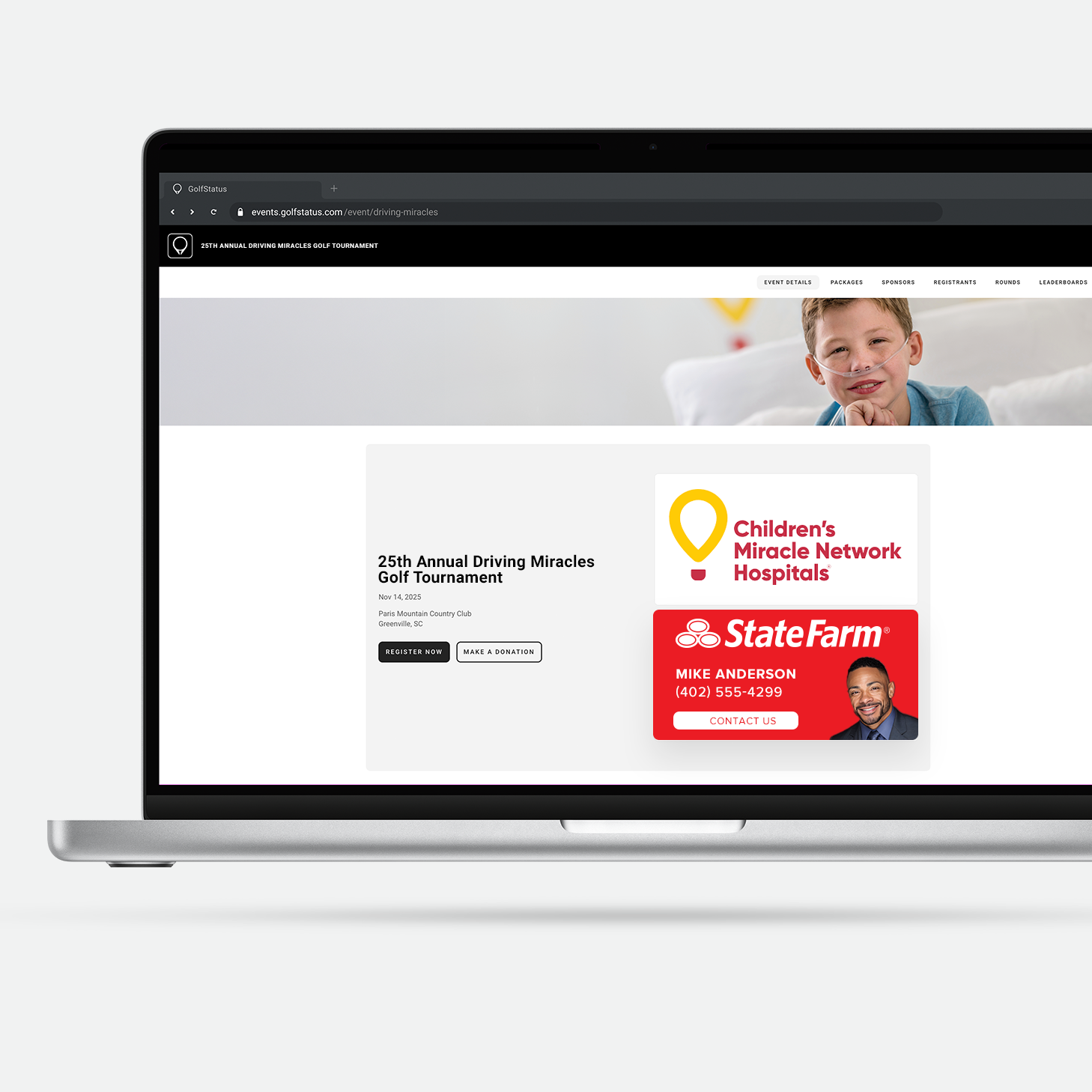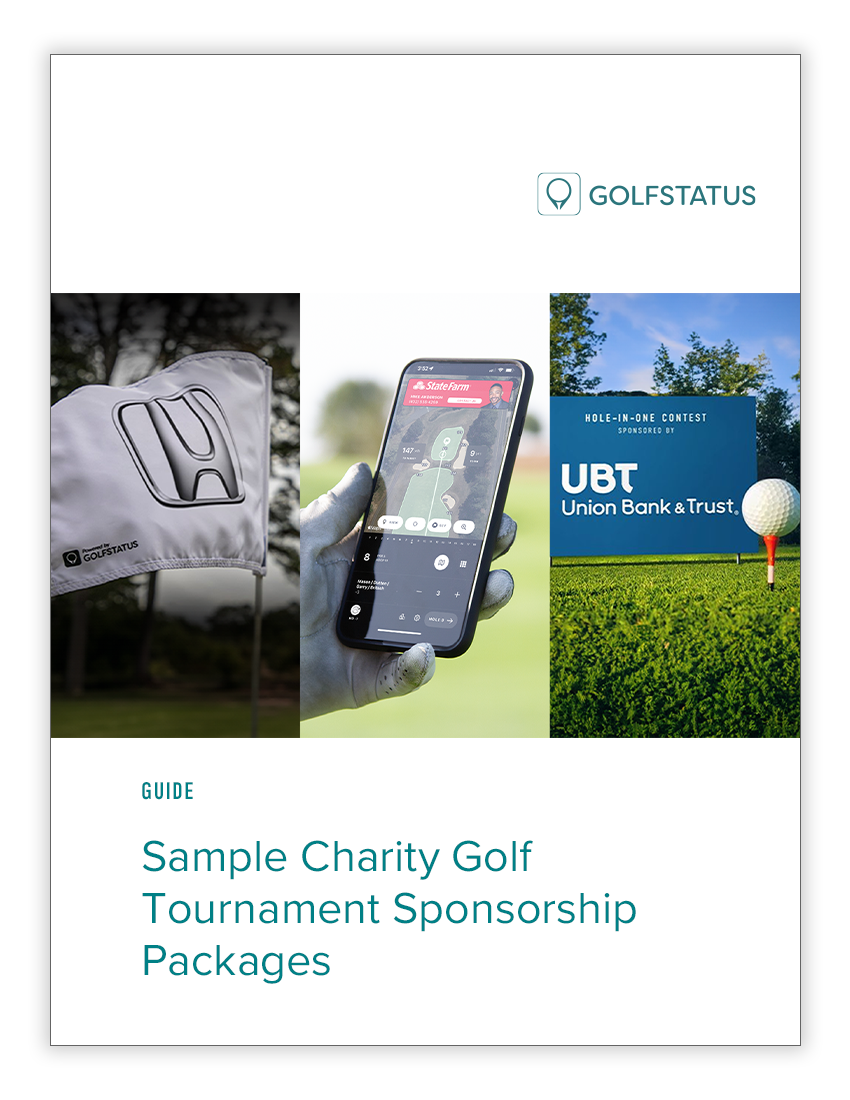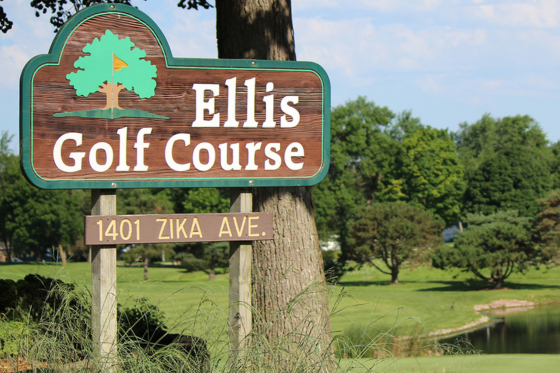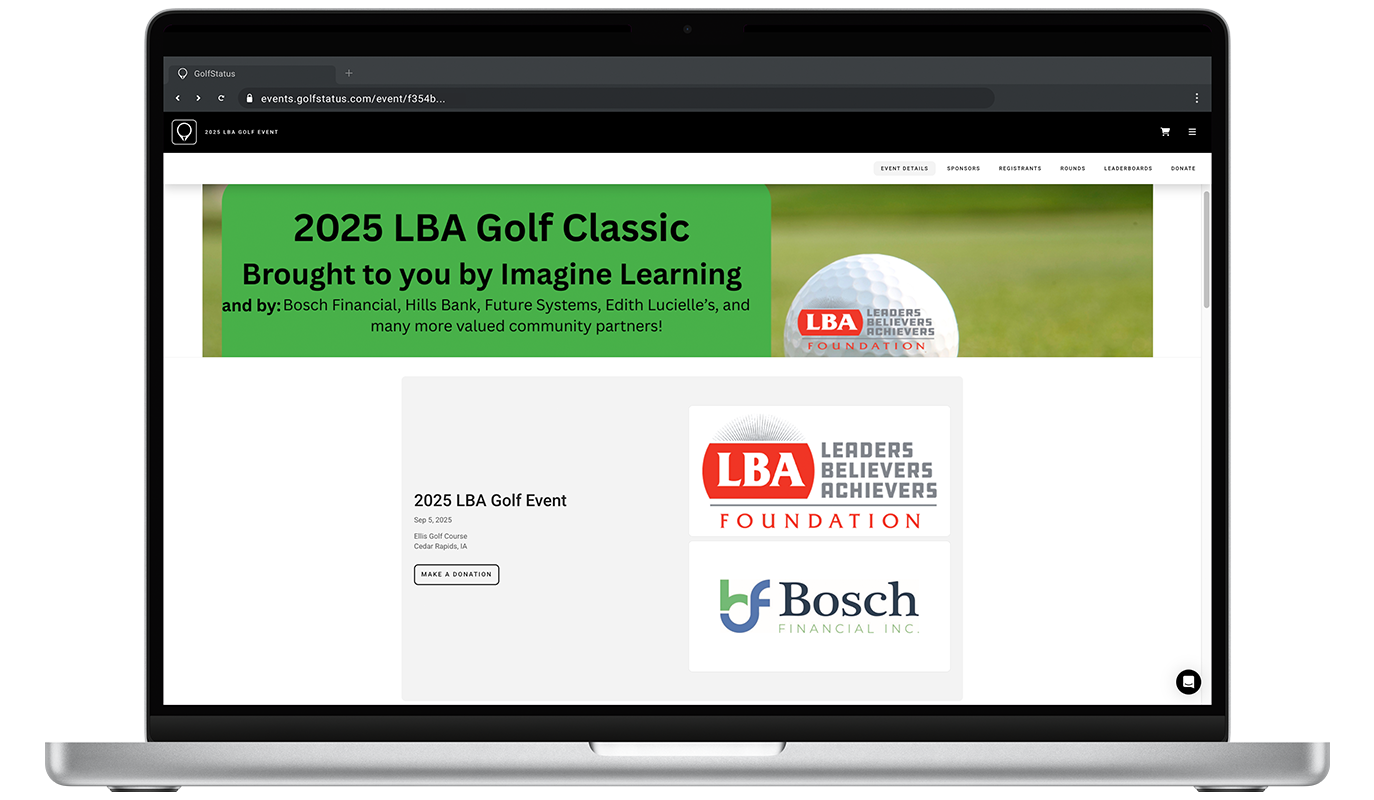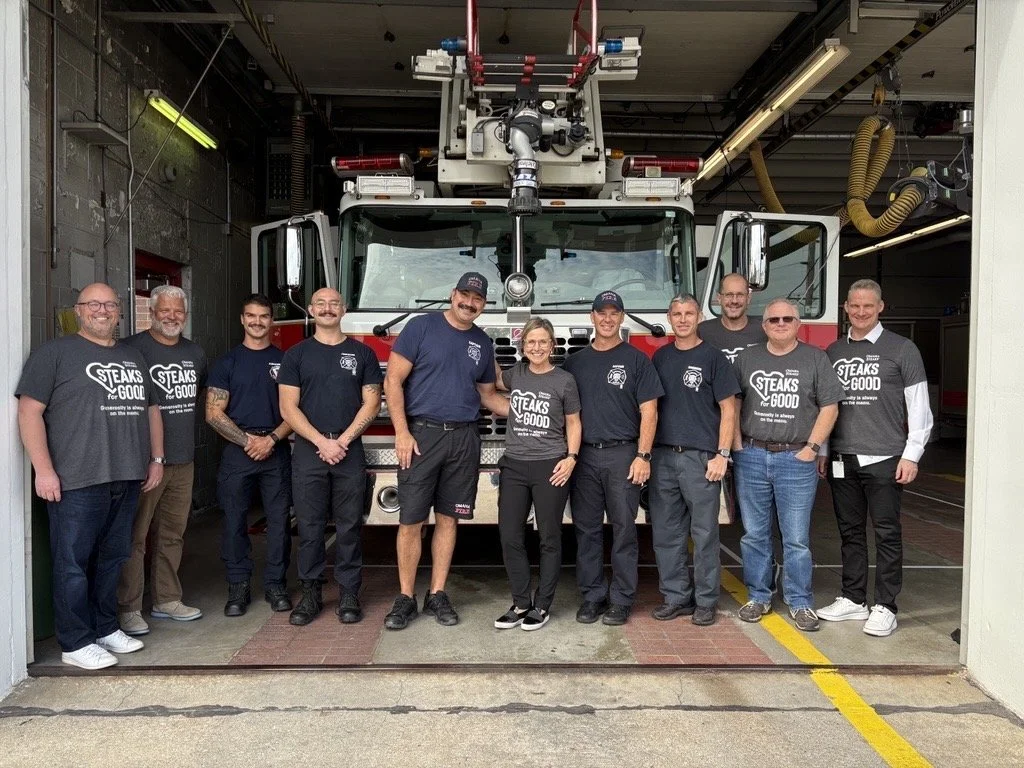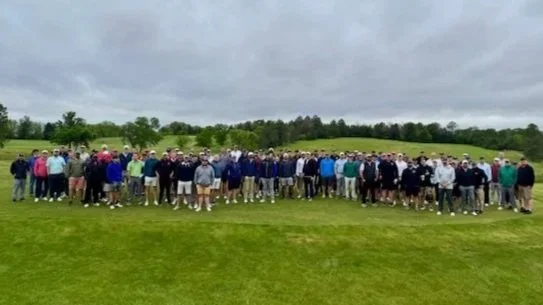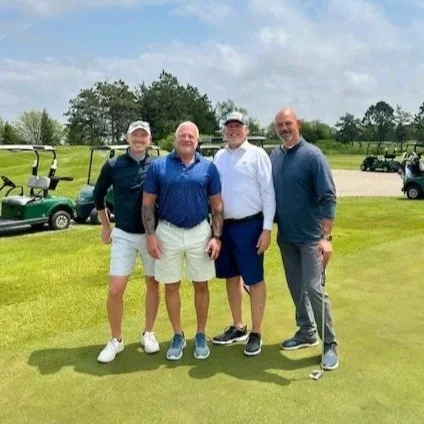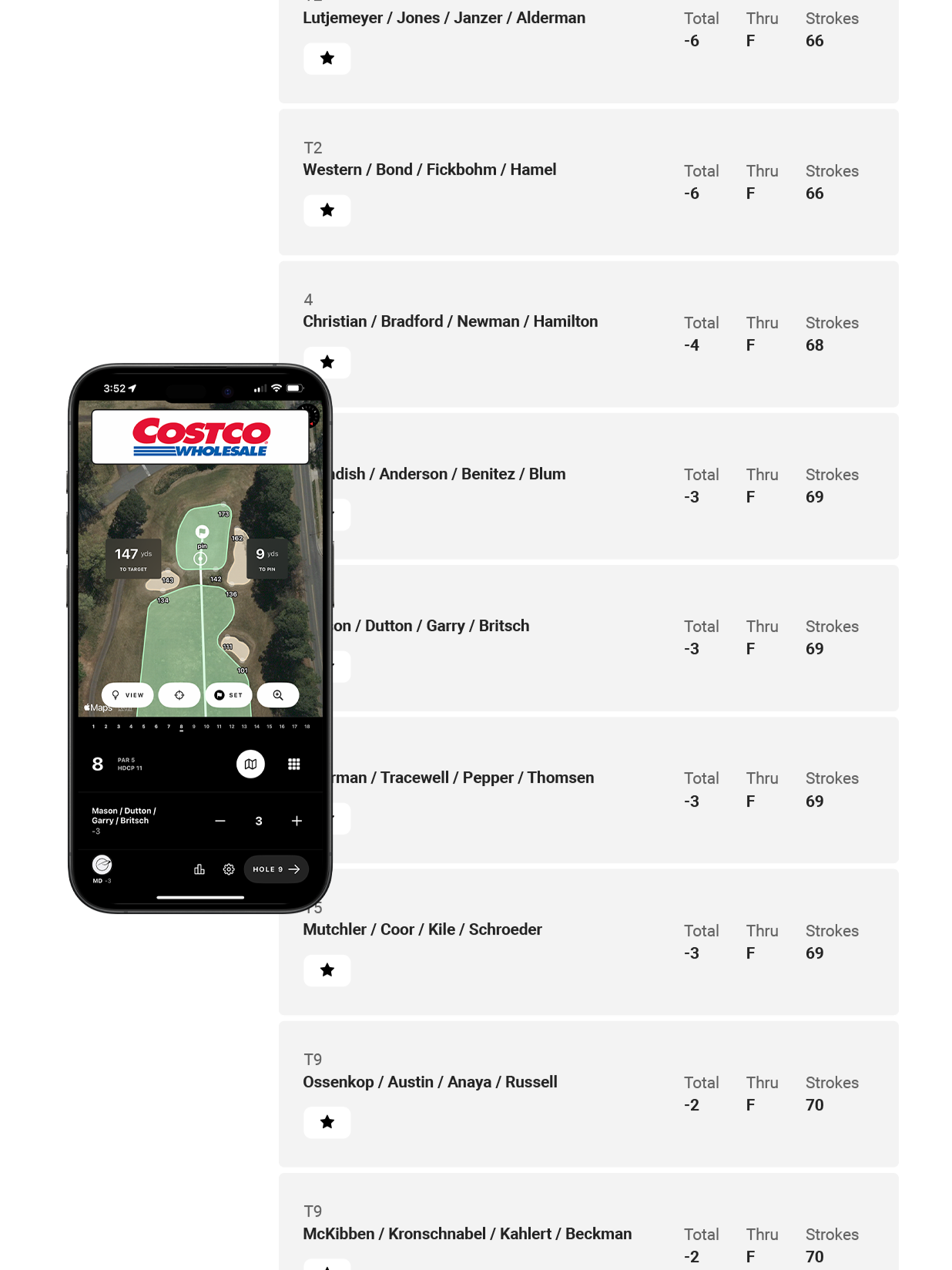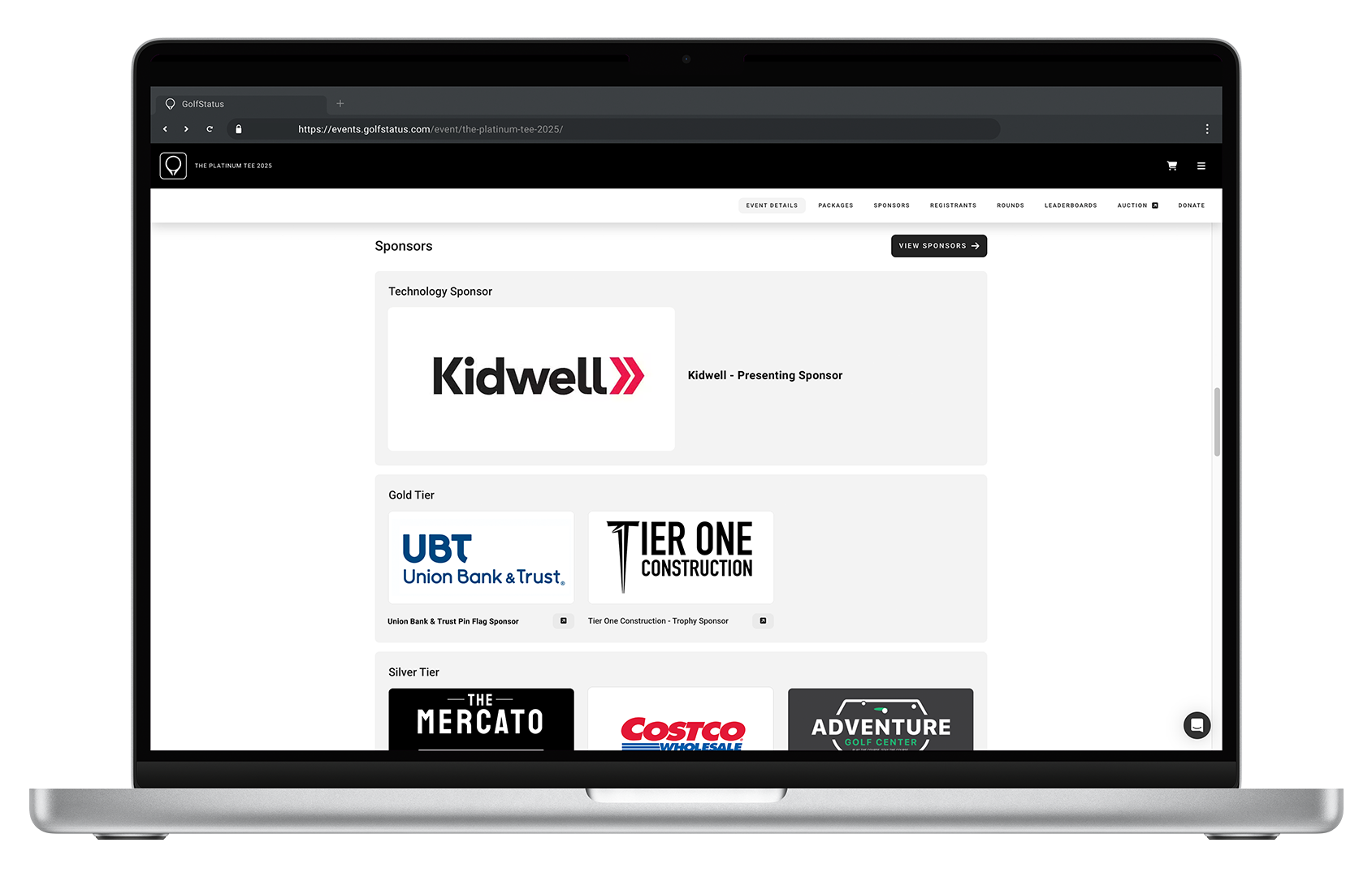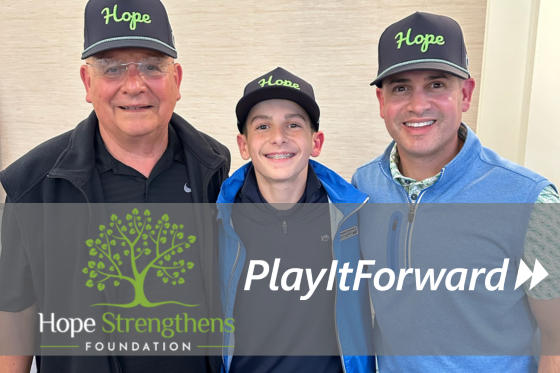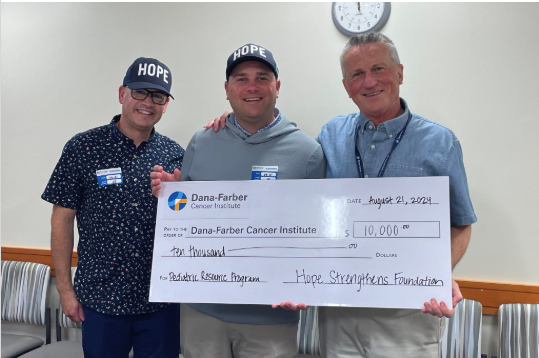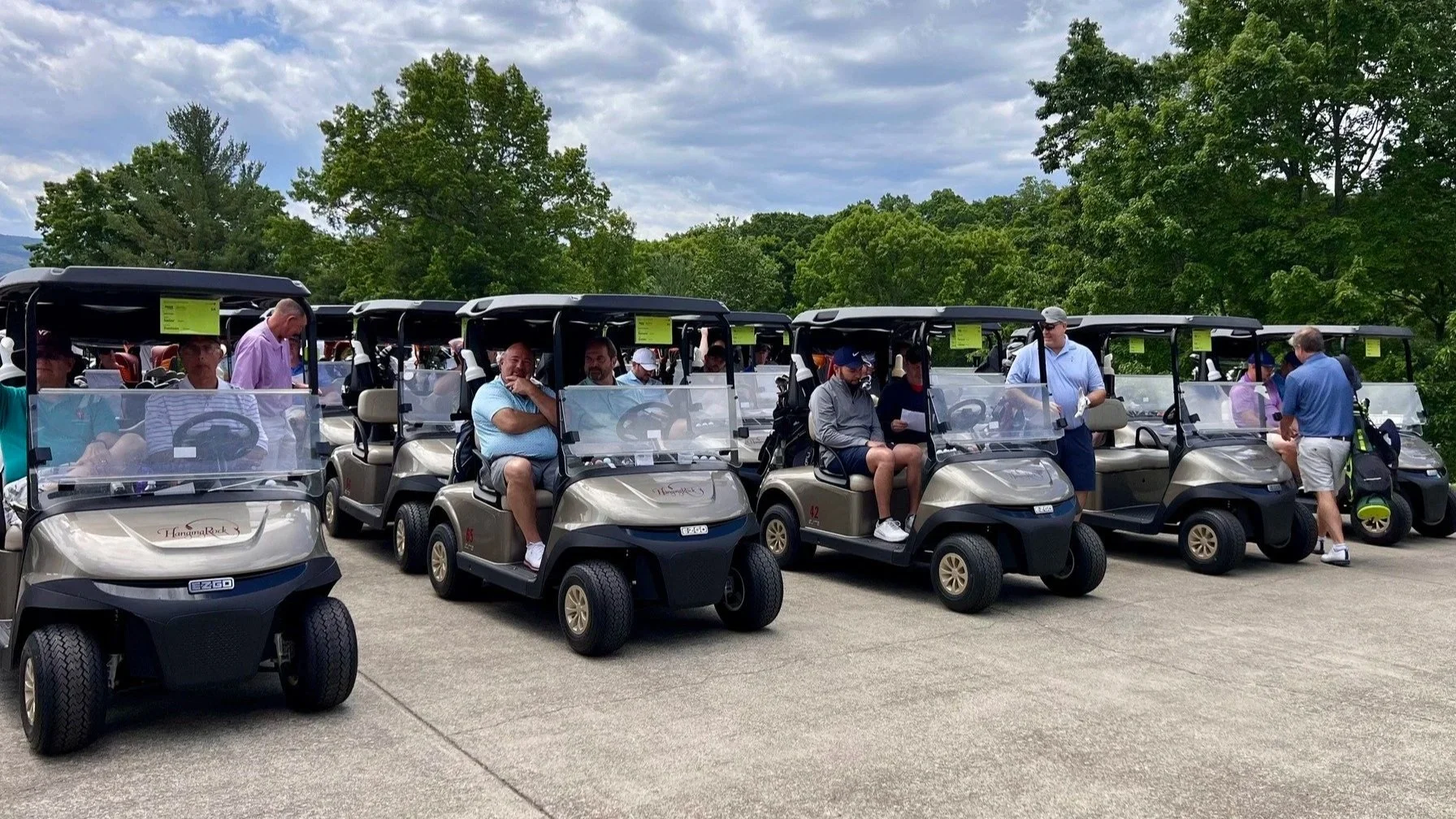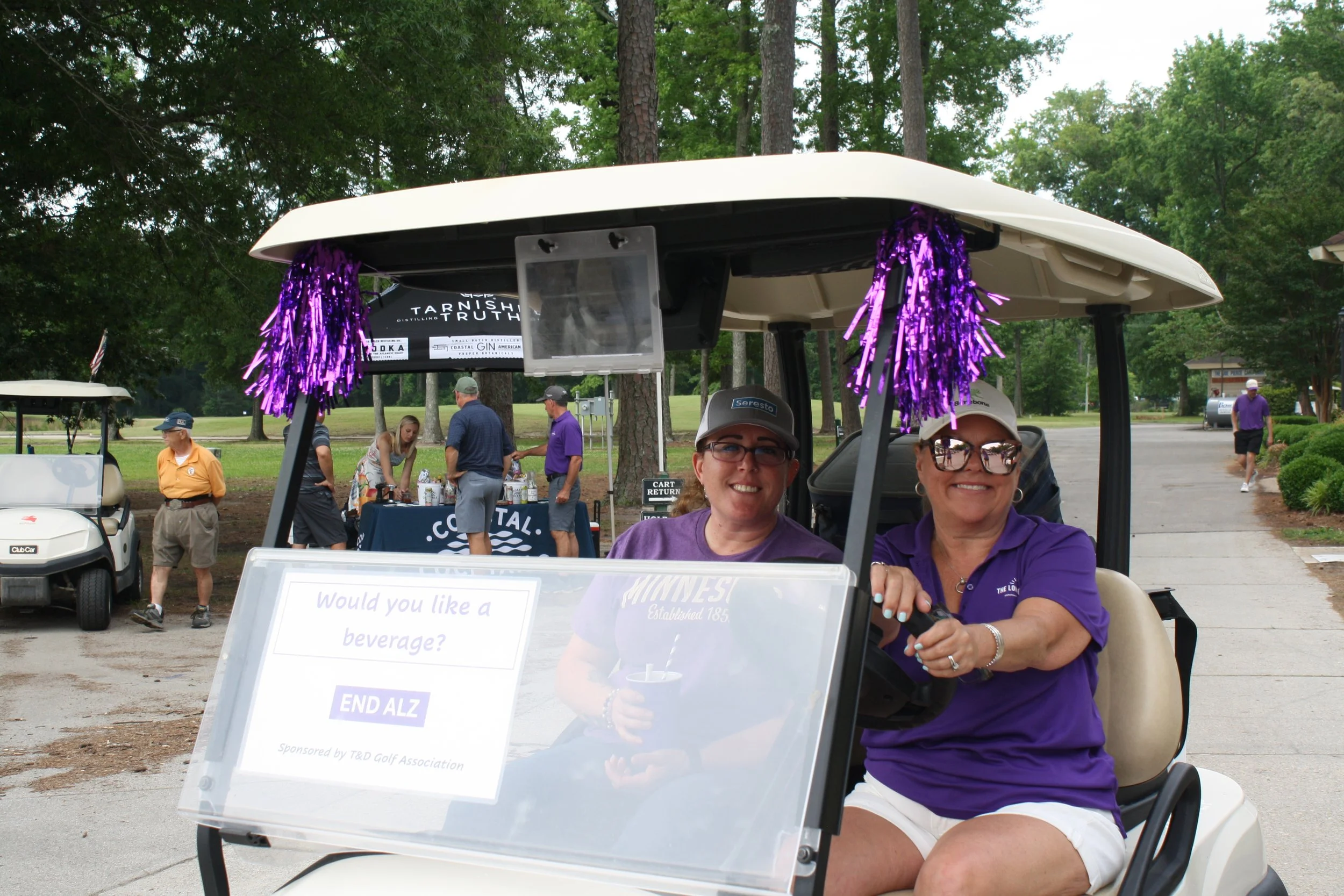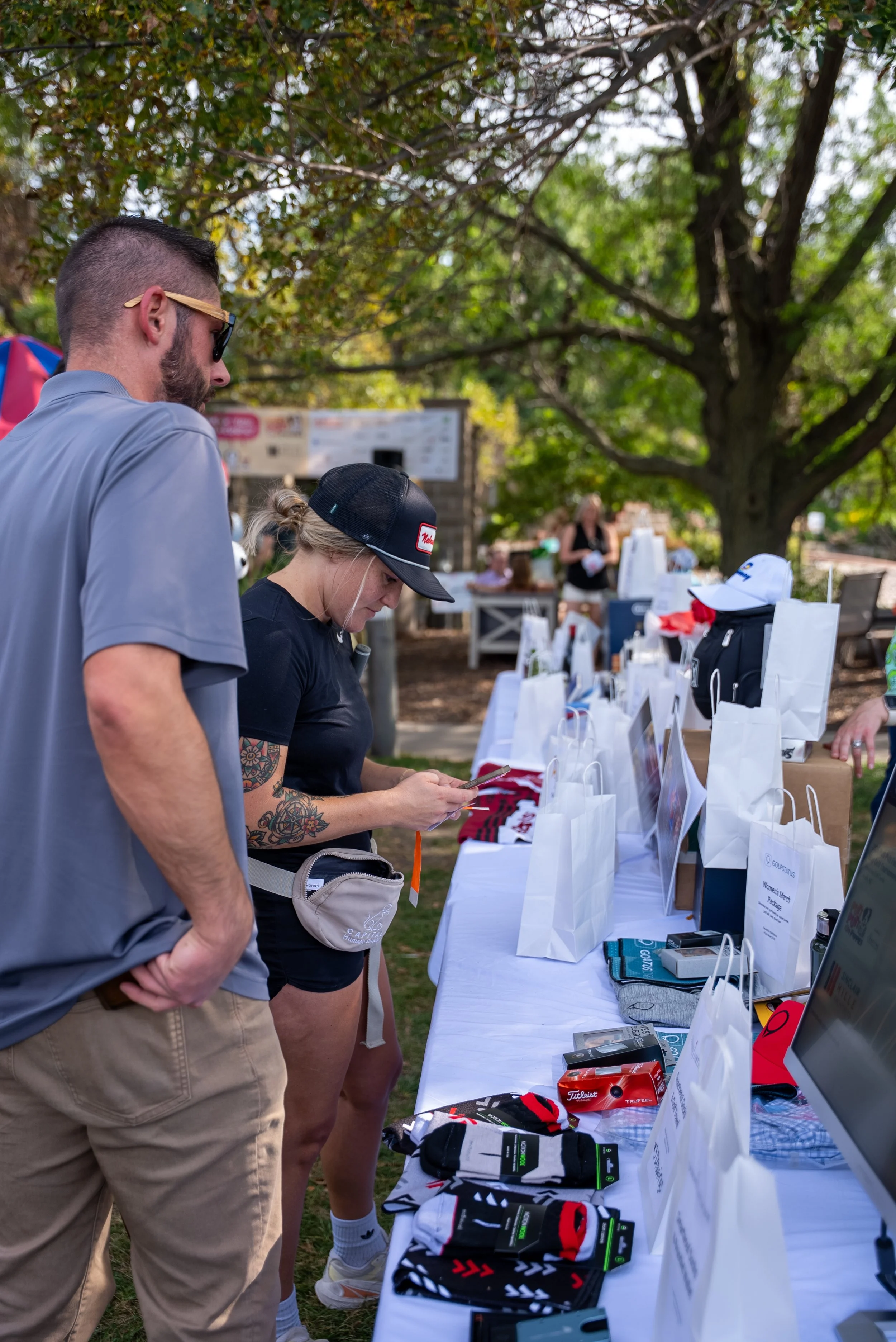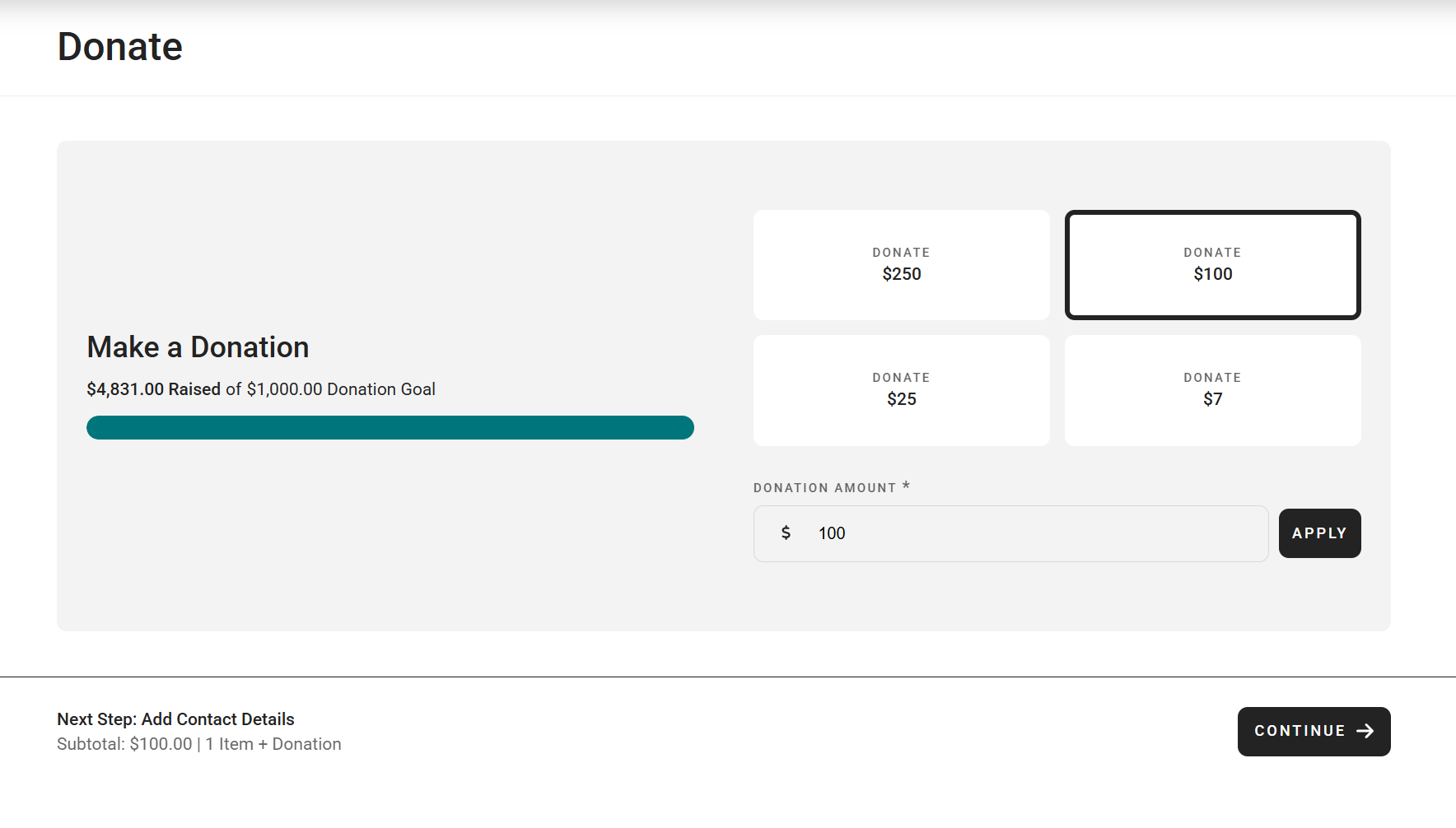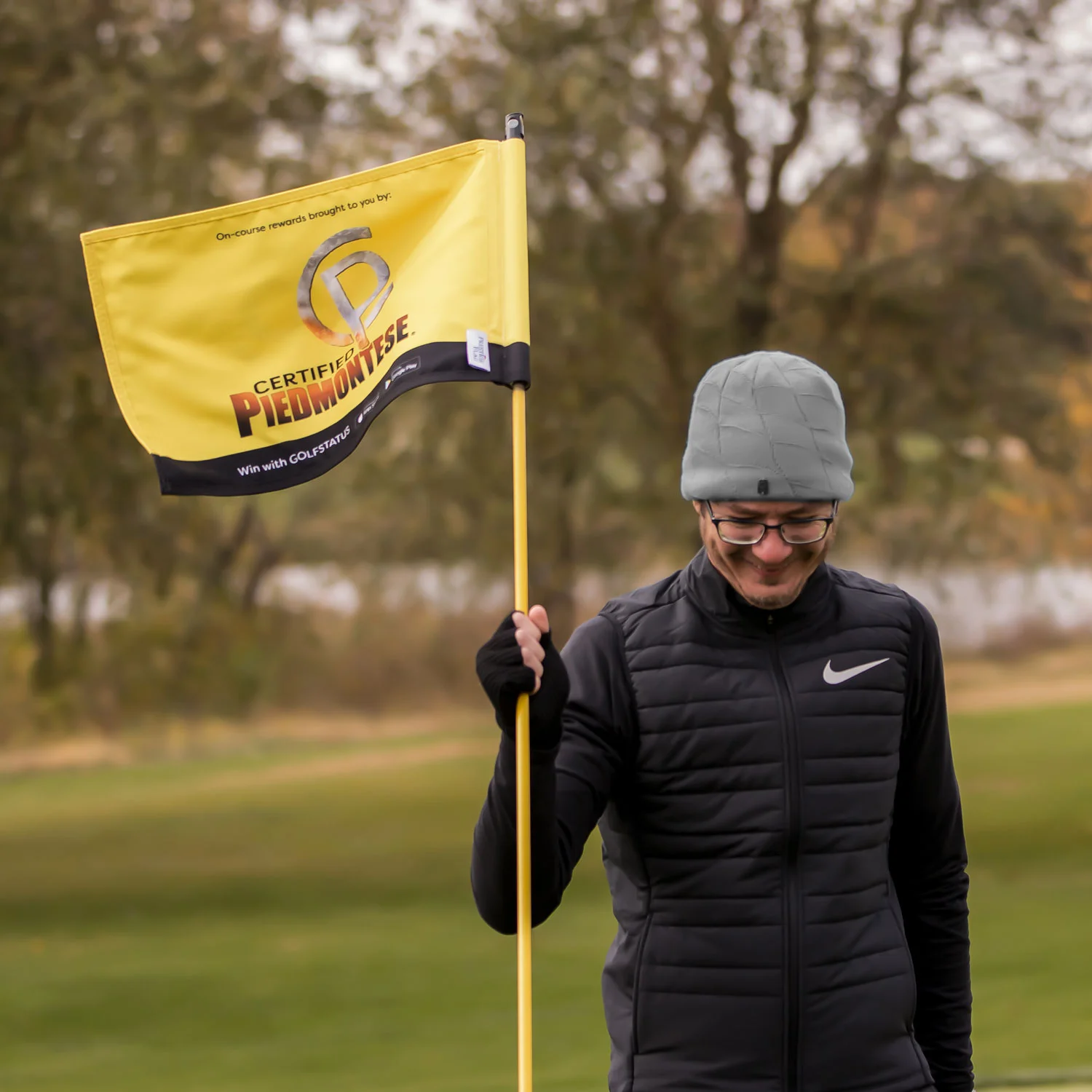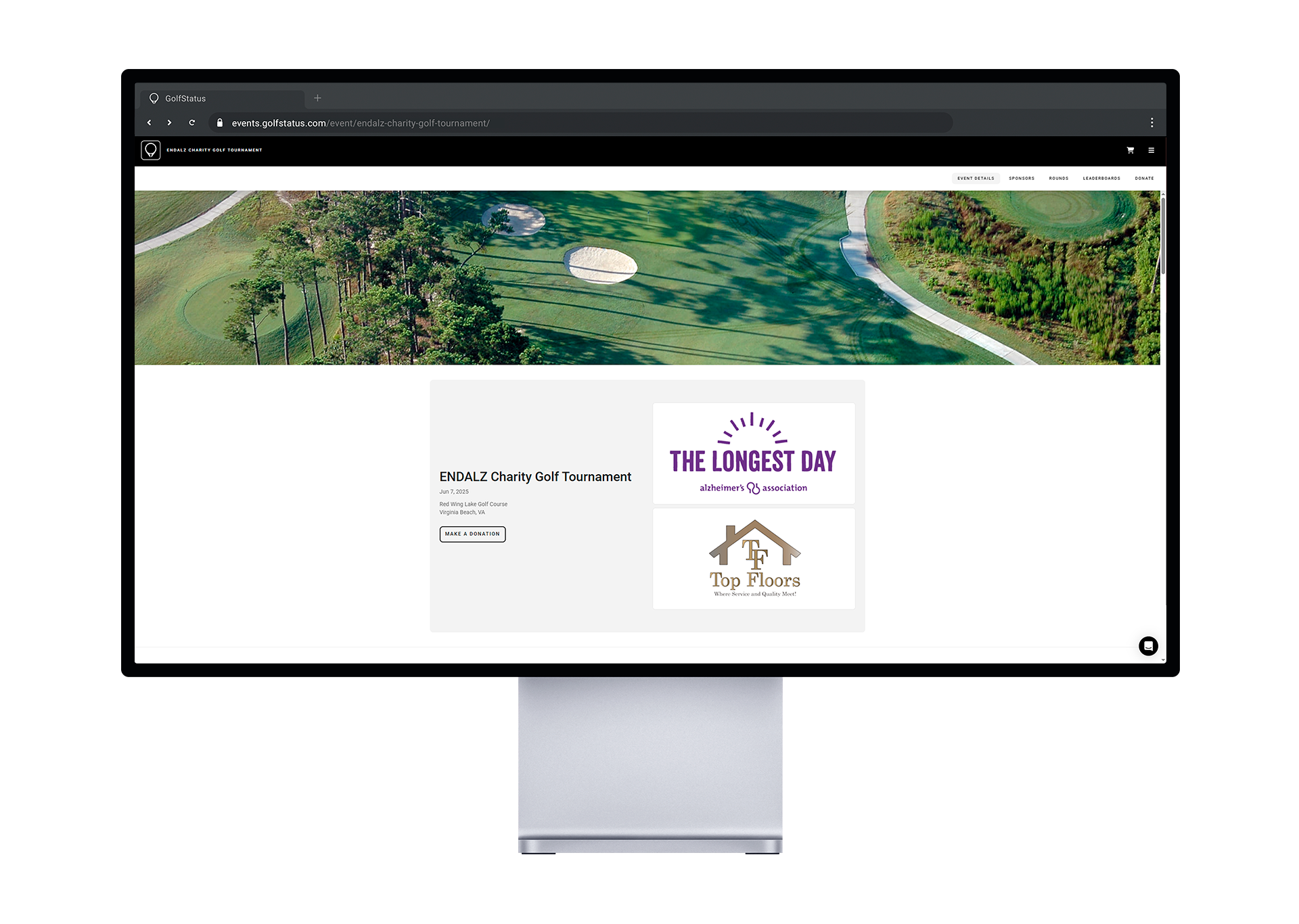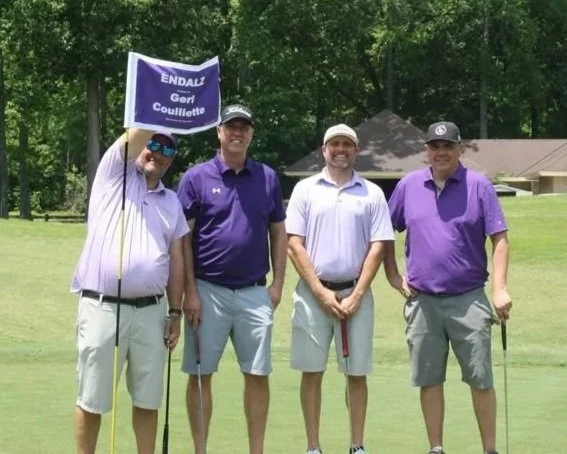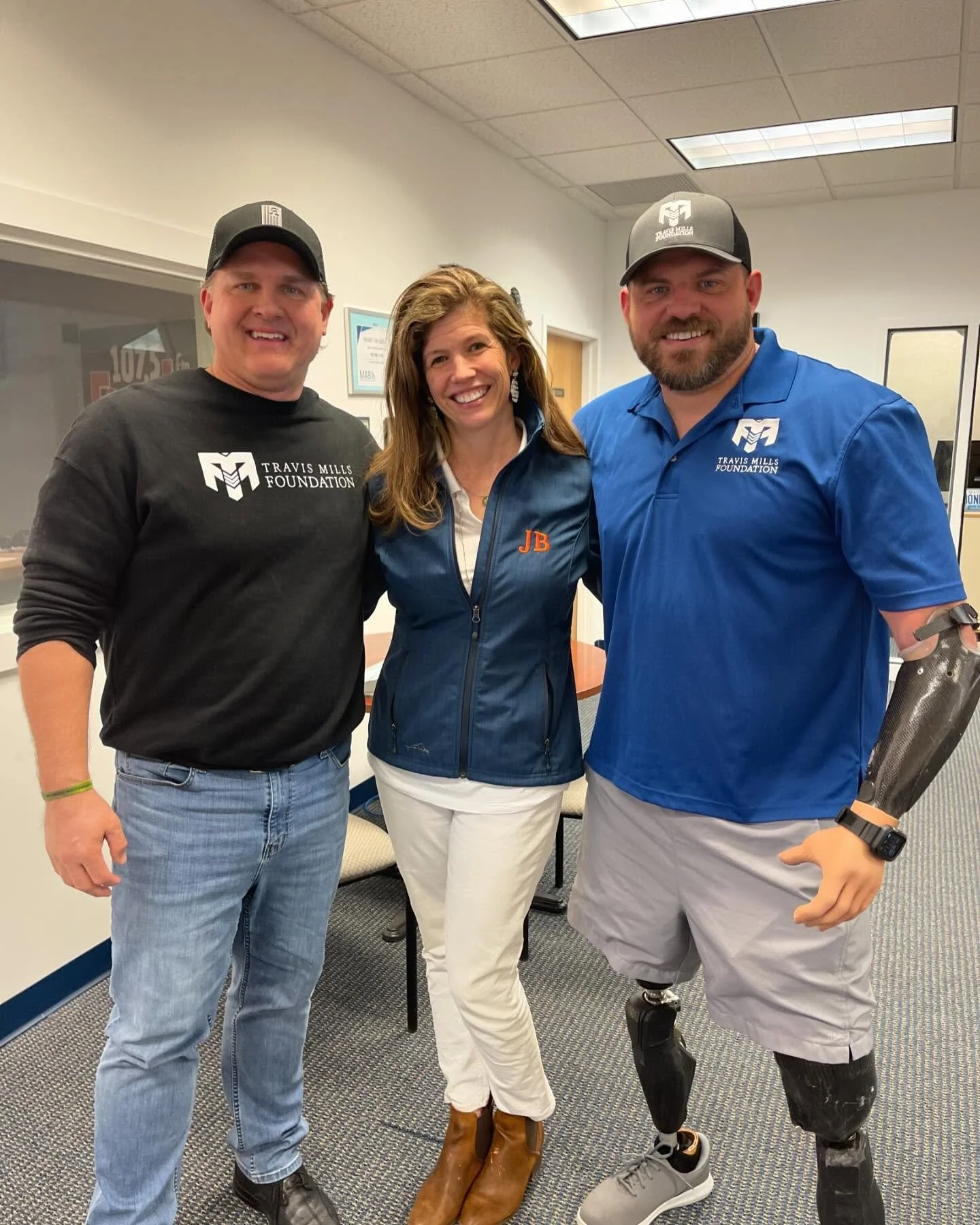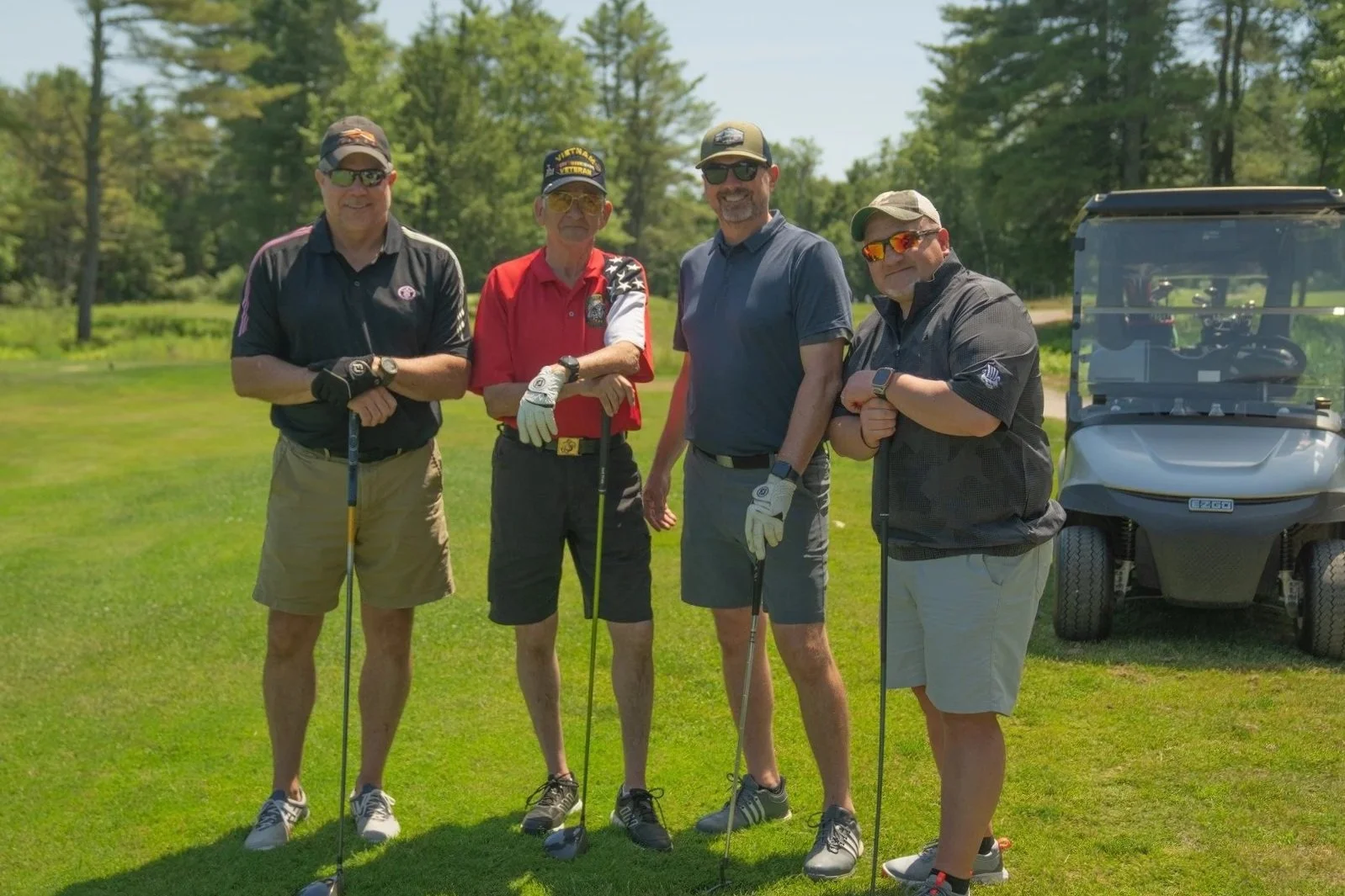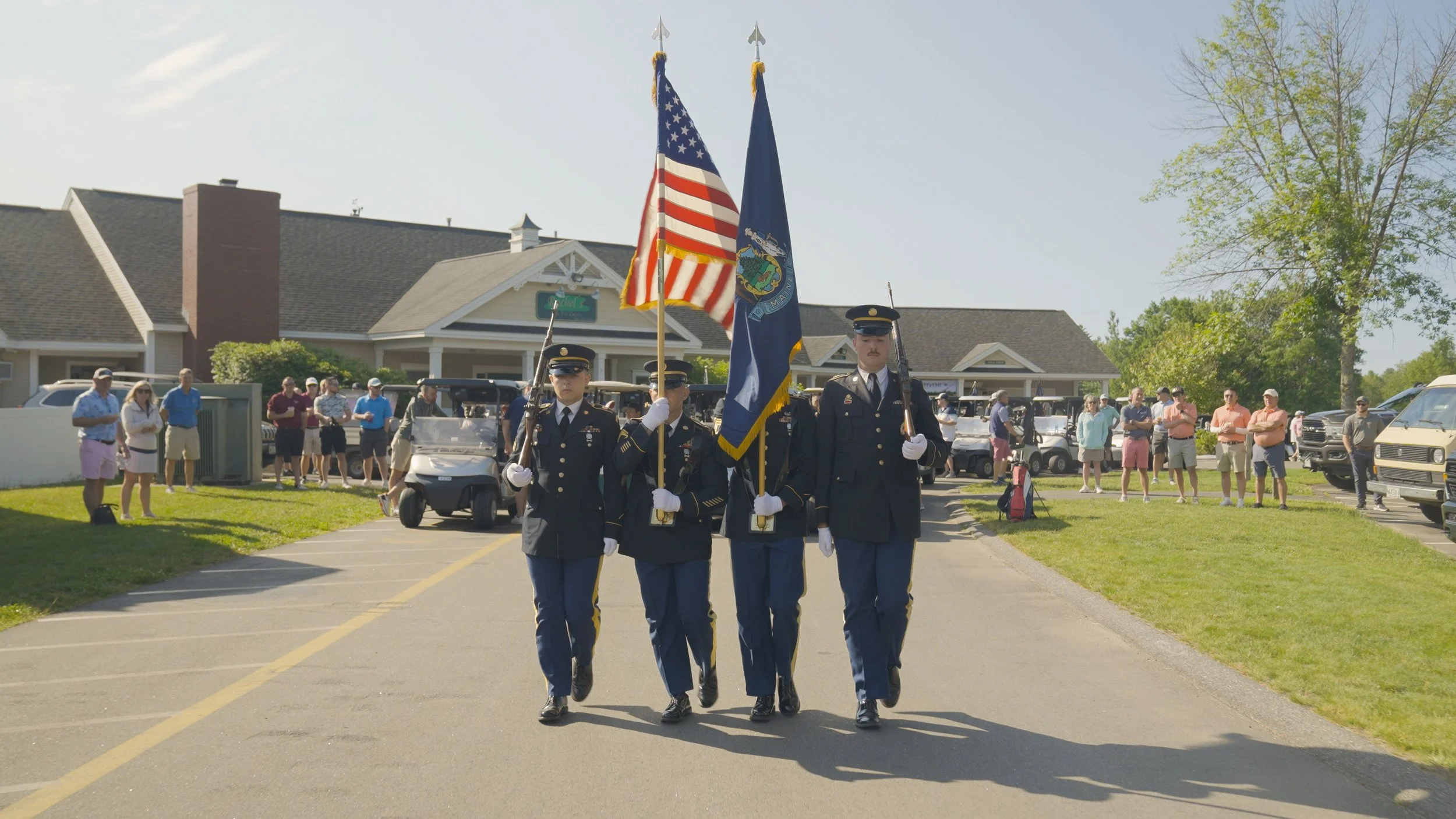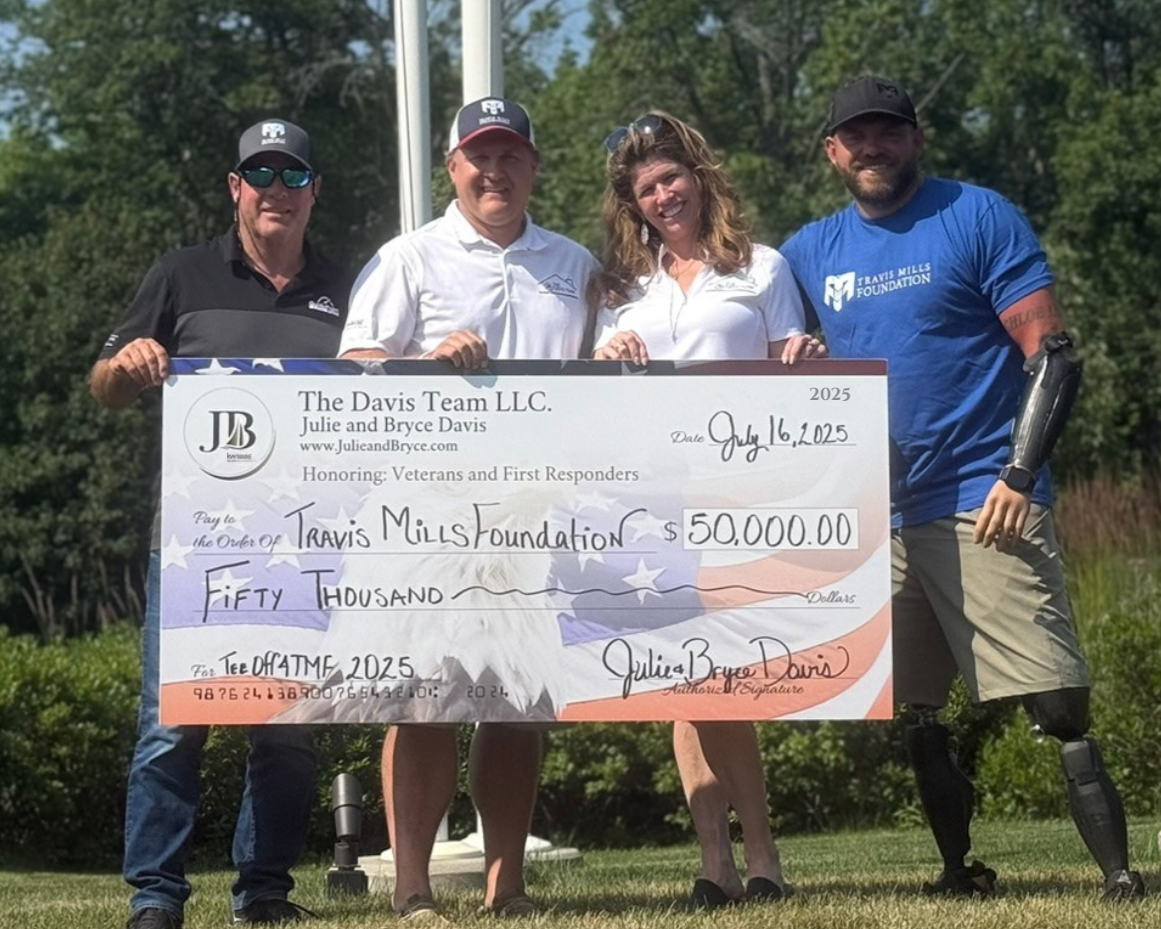A successful golf tournament starts months before event day, with the right decisions made at the right time. Nine months out from a charity golf tournament is when the foundation is built—the work you do at this stage sets the tone for everything that follows: sponsorship sales, golfer registrations, marketing, and ultimately, how much you raise.
This kicks off a blog series that breaks down priority golf tournament planning tasks at key milestones leading up to event day. We’re starting at the nine-month mark, where strategic decisions around your planning team, golf facility, event website, and packages can make the difference between scrambling later or cruising confidently toward a full field and strong fundraising outcomes.
It’s important to note that while having more time to plan is usually better, it’s possible to plan a successful golf tournament in a matter of a couple of months.
Download a Checklist & Planning Timeline
Outline every task to keep you on track and on target.
Pre-Planning & Reference
It’s important to start with an organized infrastructure to keep you on track throughout the planning process:
Get a GolfStatus demo. GolfStatus is the industry’s leading platform for charity golf tournaments and fundraisers. Save 40+ hours and raise thousands more dollars!
Get a GolfStatus Education Session. Once you’re on board with GolfStatus, our client success team will walk you through the software’s backend.
Create a shared project folder using Google Drive, OneDrive, or something similar so all team members have access to assets.
Planning Team & Committee Meetings
There’s no need for planning a tournament to be a one-person show. Recruit a team or committee to help share the load.
Recruit planning committee members. Decide who will help. Whether it’s staff or board members, volunteers, or others, shoot for five to 10 people to keep the group manageable and active.
Set committee meeting dates. Try to hold a meeting once a month, with more frequent meetings in the month or two leading up to tournament day. It’s a good idea to set all meeting dates and times at the first gathering so everyone can get them on their calendars.
Hold your first committee meeting. Discuss event goals, potential event dates, options for golf facilities, and ideas for sponsorship packages. Review feedback from previous years (if applicable), and talk through goals for the number of teams, golfers, and sponsors, and the total dollars raised.
Choosing a host golf facility for your tournament is a big decision. Check around with local golf facilities for pricing and availability.
Date & Golf Facility
This is a big item to check off your to-do list—determining when and where you’ll hold your golf tournament.
Reach out to potential host golf facilities. Events at a public course will cost you less, but you can leverage a higher price point for registration packages if the event is played at a more exclusive facility.
Determine a date and time. Think about what time of year works best for your organization and what the weather will be like during that timeframe. Check to see if other community events are happening as you hone in on a final date.
Sign a contract with the golf facility. Be sure to thoroughly understand what's included with your contract, which will help in determining your registration package pricing.
Event Website
An event website is a must-have for a successful tournament. It simplifies everything from promotion to registration to sponsor onboarding—and everything in between.
Create your event website. Work with the GolfStatus team to get your site set up and ready to go, then make edits and updates as needed.
Go live! As soon as you have a date and course set, launch your website. You’ll get on golfer and sponsor radars sooner rather than later, and you can update information as details firm up.
Open registration. Once you determine packages and pricing, you can start accepting registrations and selling sponsorships.
Get a Free Event Website!
Save tons of time with online registration and secure payment processing, promote your event by sharing a link to your site, onboard sponsors and provide digital exposure, and more.
Team & Sponsor Packages
Building attractive golfer and sponsor packages is the first step to filling your tournament’s field.
Assign committee members to each sponsorship. Tap committee members to handle building and pricing each package, adding it to the event website, taking the lead on selling the sponsorship, and sharing sponsor assets.
Build team packages and determine pricing. Be sure to cover all hard costs—greens fees, cart rental, food and beverage, etc.—and add a margin to drive revenue.
Build add-on packages and determine pricing. These might include on-course games entry, mulligans, merchandise sales, raffle tickets, etc.
Build sponsorship packages and determine pricing. Much like team packages, you want to make sure you cover all hard costs associated with the sponsorship and build in a margin to ensure a profit. You’ll likely bring in the most revenue from sponsorships.
Connect with past sponsors (if applicable). If yours is an existing tournament, connect with last year’s sponsors to offer them the right of first refusal for their current sponsorship or first dibs on a higher-value package.
Create a sponsor media kit. This should include tournament logos, canned social posts, and sample email verbiage to make it simple for the sponsor to share information about the event with their audiences.
Add the sponsor media kit to the shared folder for easy access by committee members.
Share the sponsor kit with the committee and sponsors.
Free download: sample golf fundraiser sponsorship packages
Not sure what your golf tournament’s sponsorships should look like? Download this free guide for suggestions on package types, benefits to include, and pricing.
Marketing & Promotion
The bulk of your tournament’s marketing will happen a bit later in the planning process, but now’s a great time to start thinking about your promotional strategy and channels.
Send a save the date. This can be as simple as a quick email to past participants and supporters as soon as you lock in a date and golf facility. Be sure to include the link to the event website.
Details & Logistics
You’ll tackle most of the logistics closer to the tournament date, but it’s a good idea to plan out a skeleton schedule to add to the event website. Include any information you’ve already determined, such as the time of the shotgun start or if there will be any post-golf awards ceremony or meal.
What’s Next?
Right now, you’re building momentum for success. By locking in the golf facility, assembling the right planning team, launching your event website, and outlining your packages early, you give your tournament the runway it needs to succeed. You’ll also make it easier for sponsors and golfers to commit sooner, before calendars fill up.
As you move closer to tournament day, your focus will shift toward marketing, sales, logistics, and on-course details. But the more solid your foundation is now, the smoother every future milestone will be. Stay tuned for the next post in this series, when we’ll cover the to-dos at six months to keep your tournament on track.




